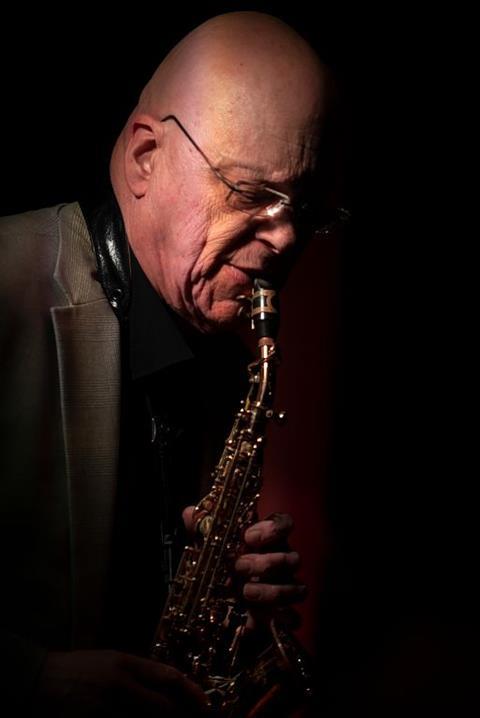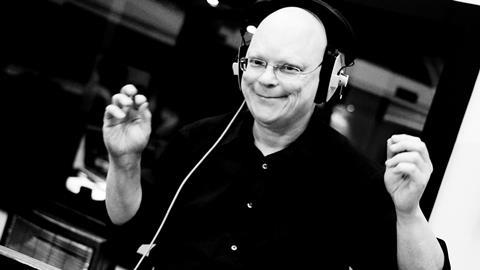John Altman’s music credits range from BBC drama Old Devils and ITV’s Peak Practice, to James Bond’s No Time To Die and Titanic. Ahead of NEM Zagreb, he talks to Broadcast International about the power of music on screen
What should an effective music score convey?
In drama it should become another character in the production, commenting on character and action. For other types of TV, it should enhance the programme’s intentions – which demographic is it aimed at, what will the choice of instrumentation tell you about the show, and how memorable must the music be to become an integral part of the experience?

How do you think the importance of music in TV has changed over the past decade and why?
Budgets have inevitably shrunk and with the rise of home studios I feel quality has suffered. This could be down to several factors – programme makers have less time or inclination to consider the music and the overall standard of music makers has declined with the greater availability of technology (although the best writers do seem to come through!).
I find that a lot of my library music is now being used as production companies are finding it easier and cheaper to license pre-recorded music from production music companies. For example, the tremendous series Peaky Blinders utilised a considerable amount of my 1920s and 1930s period music written for a well-known library.
Your music is known around the world but which TV composition are you most proud of and why?
I would say some of the BBC dramas I wrote for in the 1980s and 1990s (including my Bafta-nominated score for the Old Devils), the series Peak Practice on ITV, which ran for 10 years, and many TV commercials that became classics in the UK (I worked on over 4,000 between 1977 and 2017). And of course, my Emmy-winning score for the TV movie RKO281 about the making of Citizen Kane, and my nominated score for the Roman Spring of Mrs Stone, starring Helen Mirren.
How do you prepare to create a new score for a TV show and has your approached over the years?
It can vary tremendously – a script, a comment from someone involved in the production, a visualization of the intentions of the programme makers – even a glance at the set design!
My basic approach has never changed. I write quickly but think long and hard before committing myself to manuscript.
What piece of music do you wish you’d composed and why?
So many, but I must think that my writing is uniquely mine. I have missed out on some major TV and movie scores for various reasons, but I don’t have a ‘could have, should have’ mentality. I admire my peers and their work while hoping the feeling is reciprocated!
You’re speaking at NEM Zagreb next month, what can we learn from the CEE region and vice versa when it comes to music in TV and film?
I am speaking about the importance of collaboration which is basically the same situation in all media that involves more than one voice, whether it be playing music with others, writing or arranging for artists on record of for live performance - composing, arranging or conducting for TV, film, radio, theatre or dance.
John Altman is a film composer, music arranger, orchestrator, conductor and saxophonist. His credits include music for a raft of TV and movies, ranging from BBC drama Old Devils to films such as Titanic, No Time To Die, Monty Python’s Life of Brian and Little Voice. He has also written for artists including Barry White, Tina Turner, Björk, Diana Ross, Tom Jones and Michael Jackson. He will next month appear at NEM Zagreb, which runs 10-12 December.









No comments yet